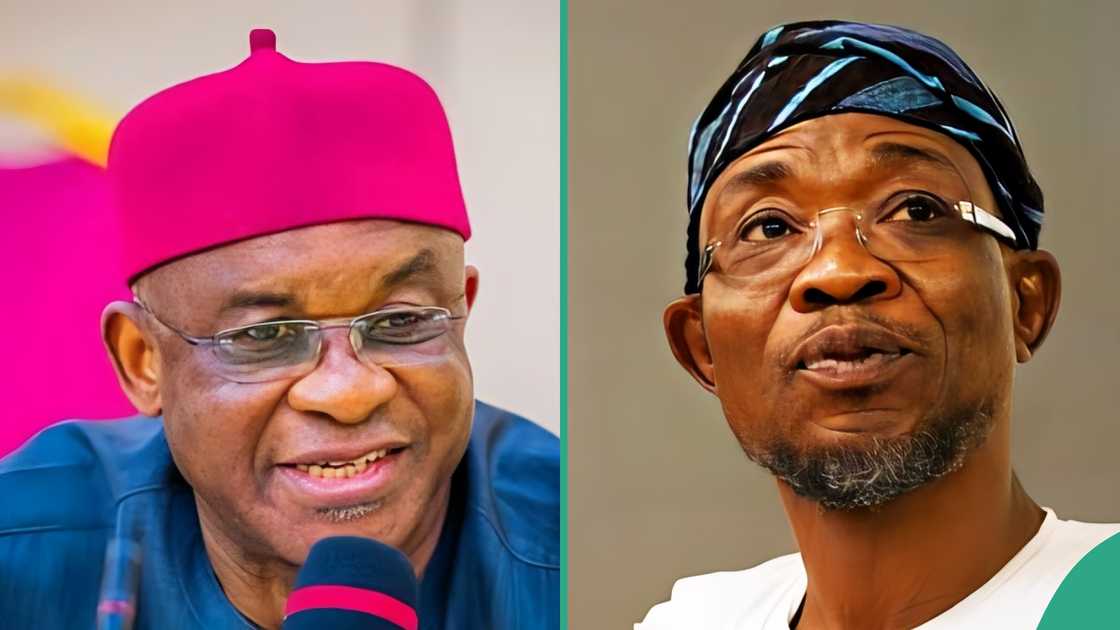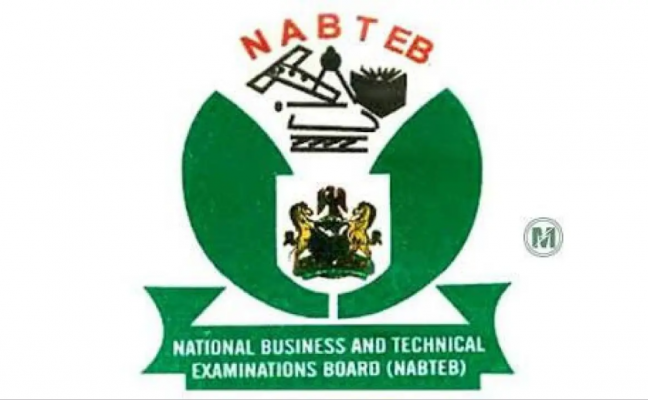The Federal Government has inaugurated an Inter-Ministerial Committee (IMC) tasked with coordinating the activities for Nigeria’s 65th Independence Day celebration in 2025.
The committee is responsible for planning, organizing, and executing all approved events and programmes to mark the national milestone.
Speaking during the inauguration, the Secretary to the Government of the Federation (SGF), George Akume, emphasized the significance of unity and patriotism in commemorating Nigeria’s journey as a nation.
“This anniversary reminds us of our past and guides our future. As a country, we’ve weathered challenges — political, economic, and social — and emerged stronger,” Akume said.
He stressed that Independence Day is not only a time to reflect on past achievements but also a call to action for shaping the future. “We must build a nation where every citizen feels valued and empowered to contribute to our collective progress,” he added.
According to a statement by Segun Imohiosen, Director of Information and Public Relations, and released on Wednesday, the official celebration will kick off with a World Press Conference on Thursday, September 25, 2025.
The schedule of events includes:
- Friday, September 26 – Juma’at prayers and women-focused activities
- Saturday, September 27 – Youth engagement programmes and a historical arts exhibition
- Sunday, September 28 – Interdenominational church service
- Monday, September 29 – Public lecture
- Wednesday, October 1 – Presidential broadcast and the Independence Day Parade
As part of the celebration, the SGF also unveiled the Nigeria @65 Compendium Project, a media initiative led by CherryAfrica Magazine in collaboration with the SGF’s Office. The project features a state-of-the-art studio for a TV interview series showcasing key government officials discussing their roles in national development, in line with the Renewed Hope Agenda.
The first session featured SGF George Akume, who urged Nigerians to reflect on 65 years of national achievements and continue to place trust in their leadership.
The compendium is designed to be a comprehensive archive of Nigeria’s historical and developmental journey, covering pre-colonial, colonial, and post-independence eras, with insights into ministries, the economy, governance at all levels, and other key sectors.
Nigeria, which gained independence from British colonial rule on October 1, 1960, remains Africa’s most populous nation and one of the largest by population globally.








